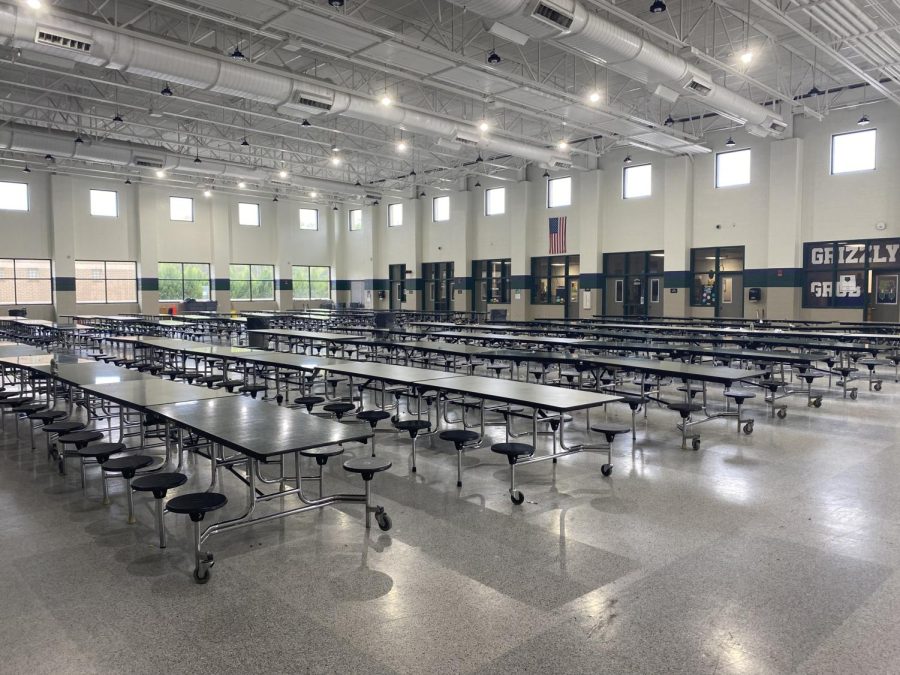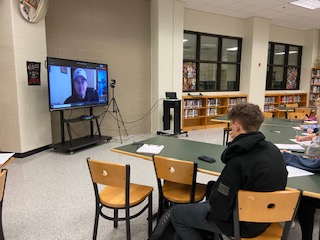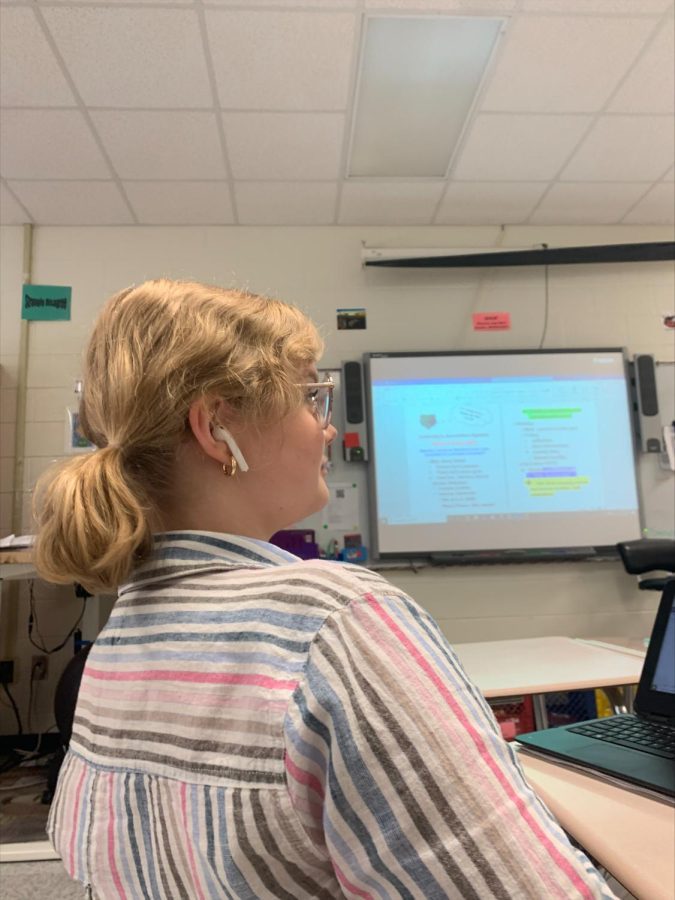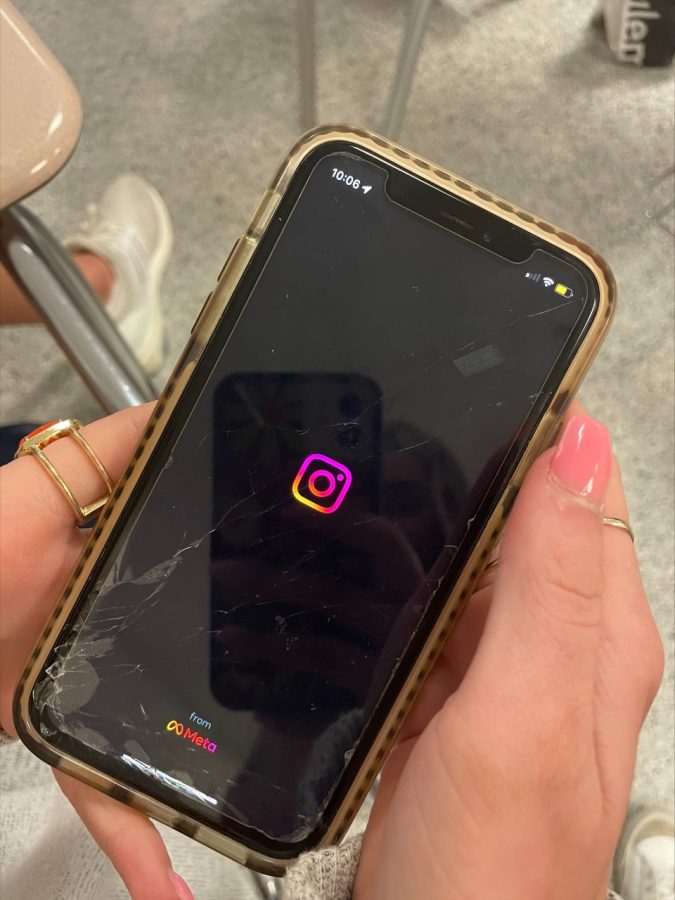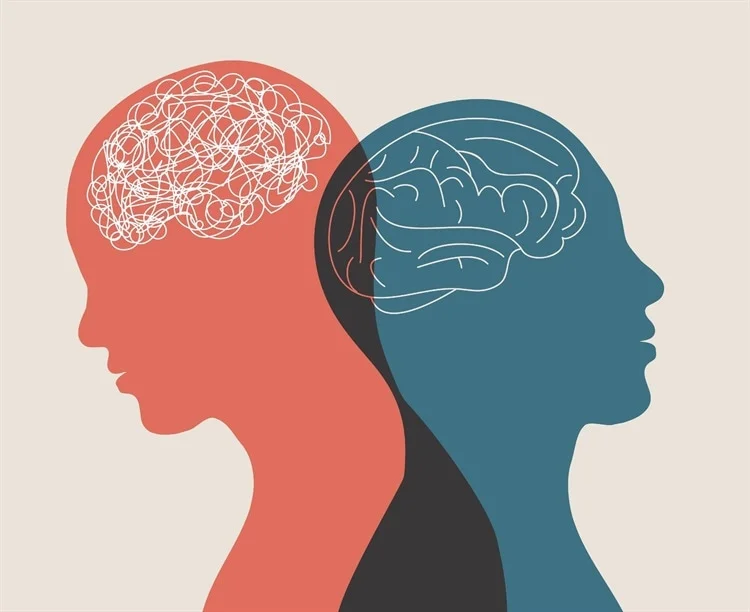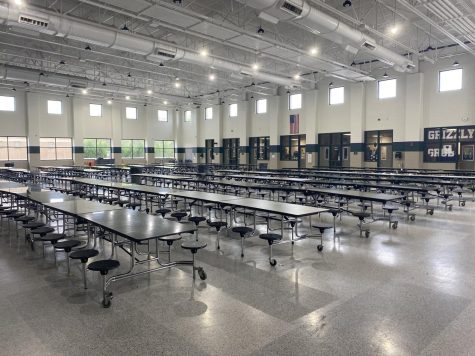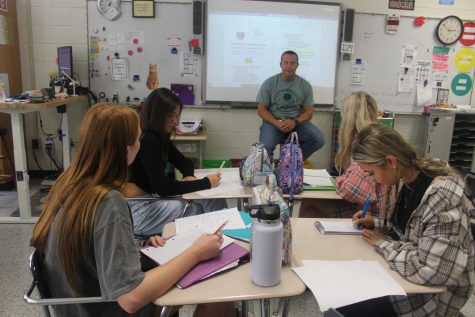Mental illness in students: a silent epidemic
May 16, 2022
At the start of every week, Creekview students leave their first-period classes ten minutes early and head to homeroom. Some of the time is used for the CCSD CARES (Cherokee County School District) initiative.
After seeing rising rates of anxiety, depression, and even suicide in 2019, CCSD CARES lessons were implemented to improve morale among students and staff to promote better mental health and coping habits. The lessons were a success winning an award from the state. Despite the extra help, students must compensate for the days of the week when they do not have homeroom.
“It [mental illness] can be as little as acute or situational anxiety or depression to full-blown depression,” Lauren Dodd, psychology and sociology teacher, said.
With the strain of school, some students find it difficult to stay on top of work and keep up their grades, which causes even more stress. Current statistics show that almost 80% of students who would benefit from mental health services never receive them. School can amplify problems and cause some, but problems will often carry over to school rather than derive from it.
“People are putting themselves through so much stress to get good grades, and also with COVID and being out of school, not having that social interaction, and we’ve been seeing a trend in a massive decline in mental health in students,” Dodd said.
The pandemic may have slowed down, but its effects on students’ mental health will leave a lasting influence for years to come. The expectation to do well in school, whether by parents, peers, or even teachers, appears to affect students more than in previous years. However, as negatively as school can affect the mind, it also has many positive elements.
“Hanging out with your friends and laughing [are important]; put the phone down when you’re hanging with your friends, and be there with your friends,” Dodd said.
In-person interactions have been proven to improve the mental health and overall well-being of individuals. Whether it is a conversation or simply being in the presence of others, school provides these connections in a safe and unbiased environment. It can be an escape for some and a place to see friends and have a fun time, but it must be noted that not every student processes or feels the same way.
“School has allowed me to make many friends that I will talk to for many years, but at the same time, it has taught me what stress is,” Mary Ellen Webster, sophomore, said.
As the 2021- 2022 school year nears its end, the fight against mental health issues continues.
Georgia Crisis and Access Line (GACL) toll-free number: 1-800-715-4225

